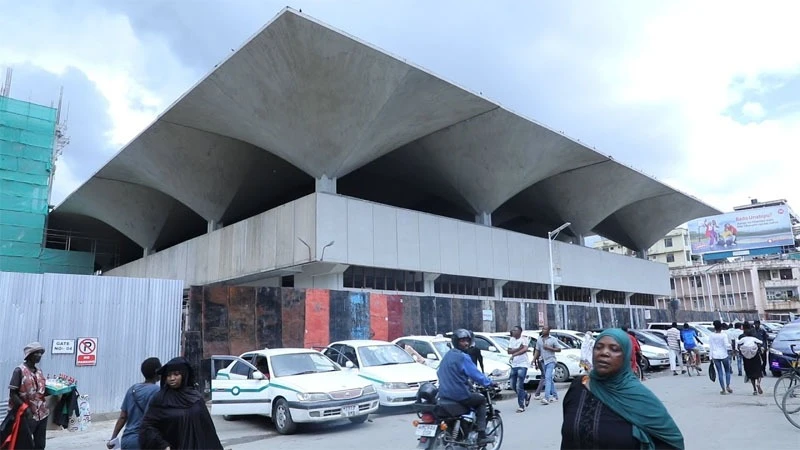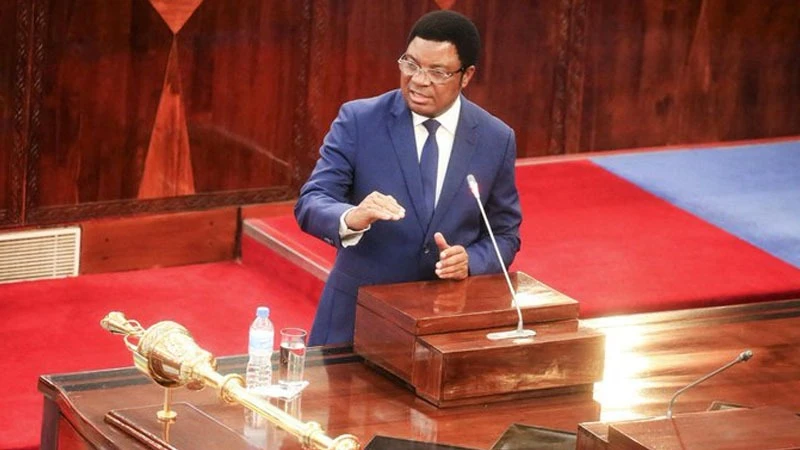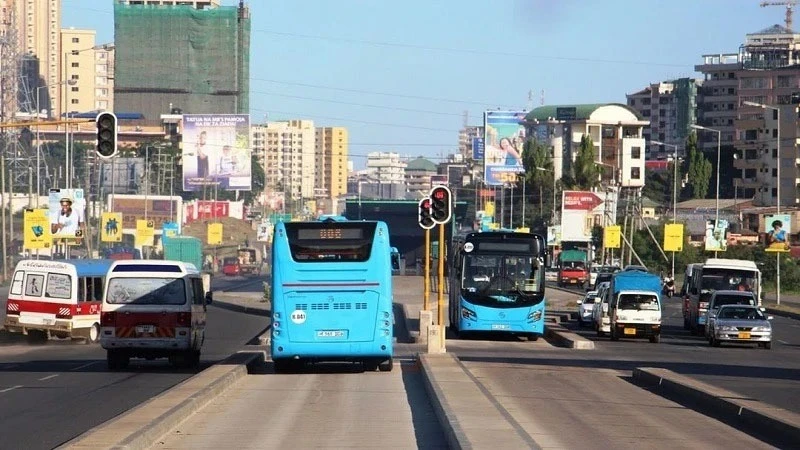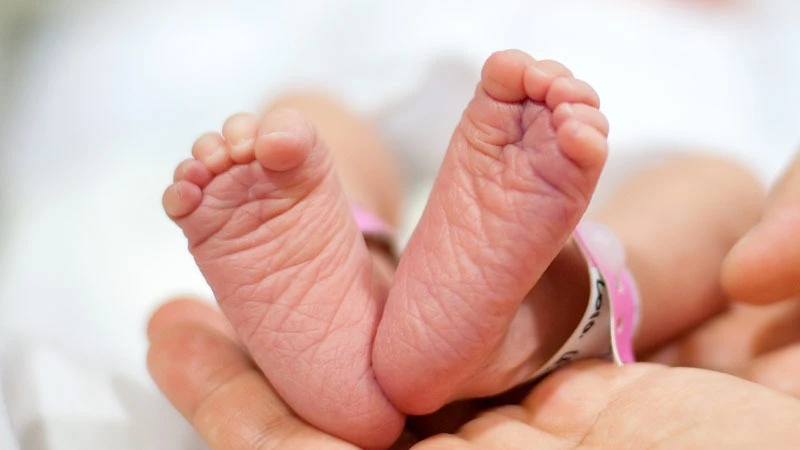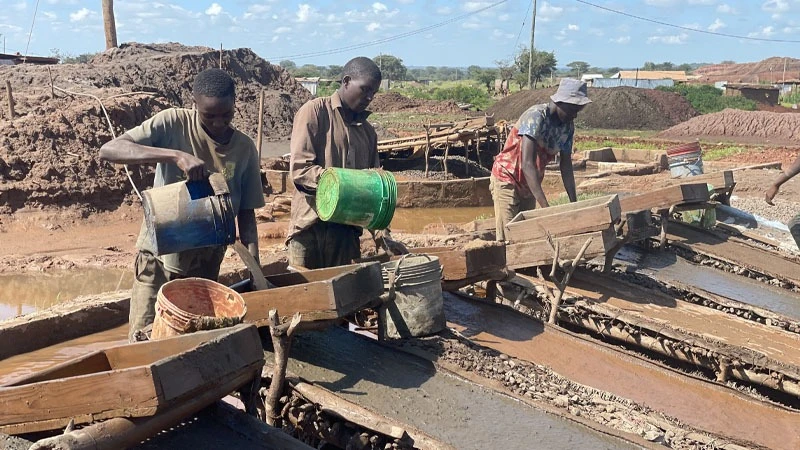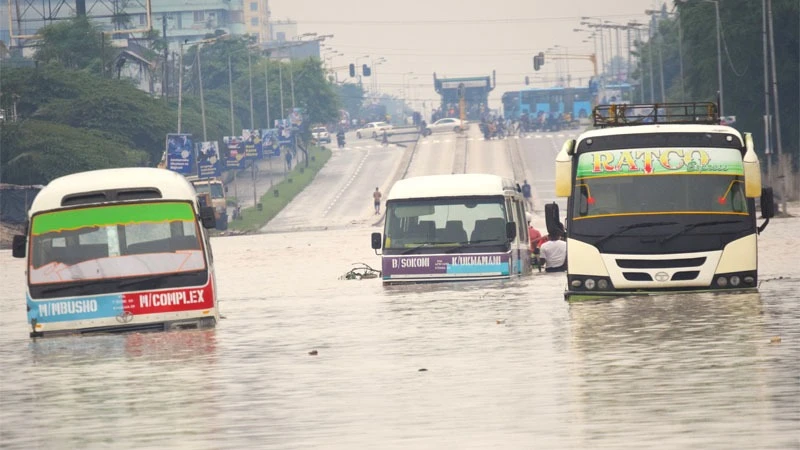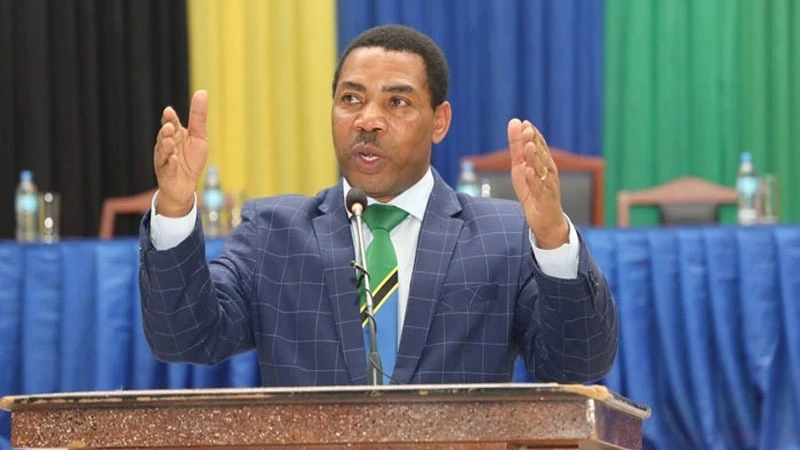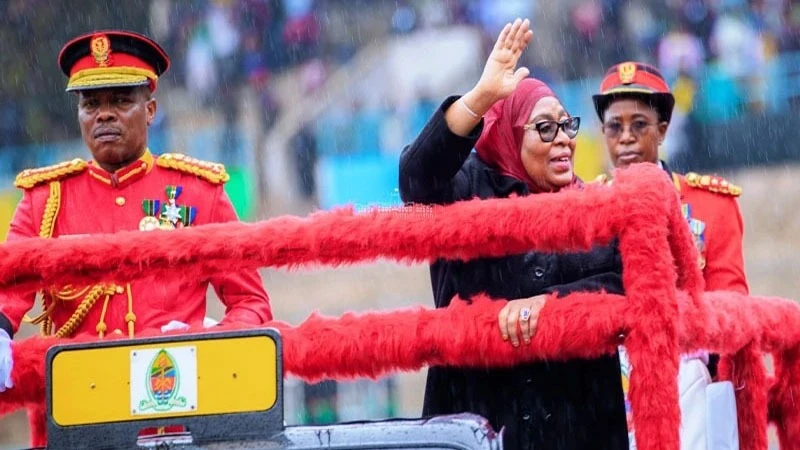Yes, villages merit 4G tech links, still saddled with customary titles
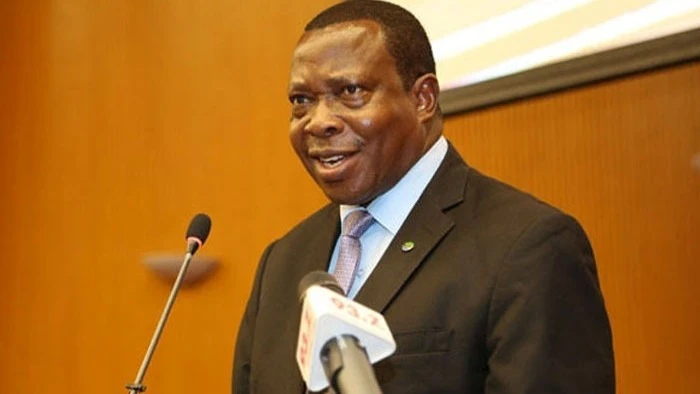
VICE President Dr Philip Mpango has called on the Universal Communication Service Access Fund (UCSAF) to focus on projects enhancing the capacity of communication towers from 2G to 3G and 4G technology.
This wish was noted with explicit reference to the quality of communication in villages, to suggest that smart phones ought to be used in rural areas just like elsewhere. It is an issue that had already started to surface over the quality of communications in the country.
Chroniclers of social conditions across long periods of time observe that the state of technology by and large conditions social relations or formal rules and techniques of their being enforced or perceived by members of society.
An ancient thinker is on record as having said that slavery would come to an end when oxen could pull the carts by themselves, implying that they need a slave to guide them.
Slavery ended when capitalists started competing for labour, while under primitive conditions the issue was who owns this or that one and was therefore a lifelong labourer.
Officiating at the inauguration of USCAF headquarters in Dodoma city, the VP emphasized the need to monitor the construction of communication towers that boost capacity to ensure that all villages are linked with reliable communication services.
That brings us back to technology and social structures or regulatory systems as, in the age of the post office, all coffee would be bought by the village cooperative for sale to a national agency for onward exportation.
With 3G communications or higher, a single farmer with sufficient acreage can post a product with specific standards, agree with a buyer, and proceed to sell.
Yet this communications upgrade is being pursued in the background of the compulsory holding of land by customary titles.
In that case, investment of that sort is limited by the scale of production, leaving a few planters with some acreage in a position to market produce and produce the yield sizes needed for foreign buyers to place orders.
When people across the country, regardless of their particular locations, can access communication services smoothly, the manner in which they can properly participate in social and economic activities would definitely change.
They would demand or otherwise start using the greater freedom that modern communication avails, including property deals.
To a certain extent, that will not be the case even if communications were to be improved under the aegis of UCSAF, as a vital component of the Digital Tanzania project financed by the World Bank.
So far, imagination about communication in a village setting is tied with cash transfers, but will likely change soon.
Major projects are being mooted by foreign investors in special economic zones and more discreetly as brand introduction or boosting in glitzy shopping neighbourhoods.
Tanzanian stakeholders making millions or even billions each year from all sorts of projects, from natural gas to upcoming mass assembling, will seek to broaden urban areas more rapidly.
It is usually the best way to change titles from customary to individual and, with the booming ‘4G’ horticulture industry, some may start seeking land specifically for farming. Things will definitely change immensely.
Top Headlines
© 2024 IPPMEDIA.COM. ALL RIGHTS RESERVED






